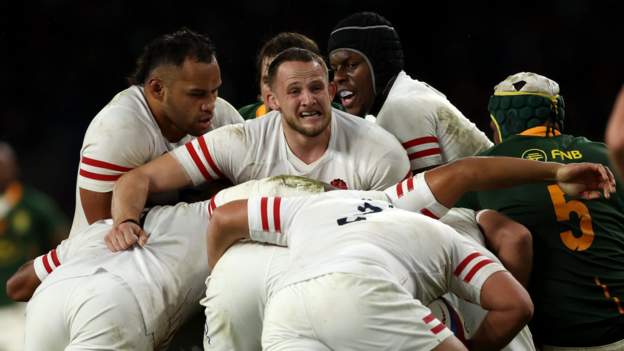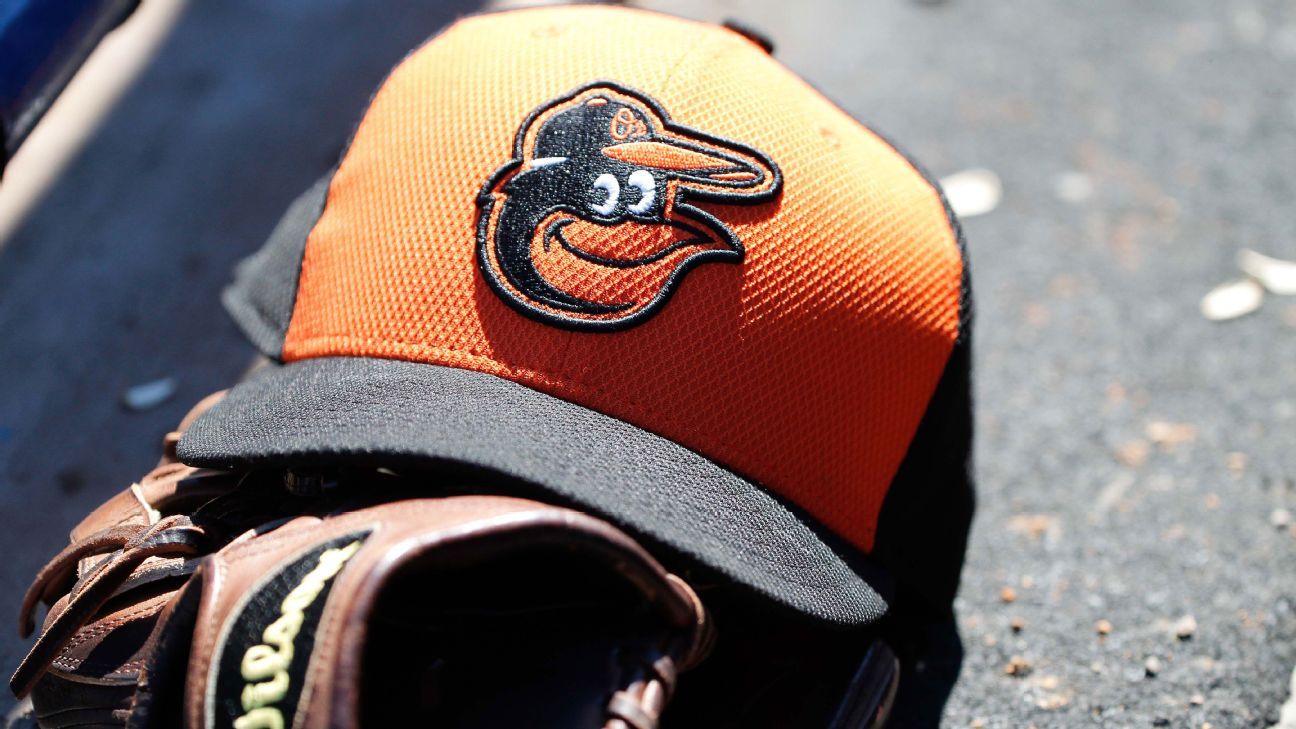
A countdown 'shot clock' timer on scrums, line-outs and kicks at goal could be introduced to help speed up the game before the Rugby World Cup.
The sport's key stakeholders met last week to consider ways to improve the flow of international rugby.
Other ideas include enhancing the in-stadium fan experience by broadcasting interactions between the referee and television match official [TMO].
The proposals will be considered by World Rugby over the coming weeks.
While this month's men's autumn series has produced some compelling matches, there has continued to be widespread disillusionment at the low ball-in-play time and the number of stoppages per game.
The constant arrival on the pitch of water carriers will also be addressed by the game's authorities.
A countdown shot clock, displayed on the big screens, would encourage teams to restart with greater urgency from set-pieces, while kickers would be required to kick for goal within the time limits.
While the limits of 60 seconds for a penalty and 90 seconds for a conversion are enshrined in law, they are rarely enforced, with kickers regularly exceeding these times.
The clock - which could be introduced as soon as next year - would help lighten the load on referees.
A clock for kicks at goal is already in operation in France's Top 14.
World Rugby are also looking into a way of reducing the amount of time spent on TMO referrals, with the aim of a quicker and more binary system, as is the case in cricket's Decision Review System [DRS].
There is also a will to better engage the supporters in attendance by not only broadcasting the interactions between officials over the stadium loudspeakers, but also explaining on the big screen why an incident is being reviewed.
World Rugby will consider the ideas before developing concrete proposals over the coming weeks, with a view to making changes in the short term without the need to change law.
After last week's meeting - which included a host of administrators, head coaches and officials from the game's leading nations - World Rugby boss Sir Bill Beaumont labelled the conference as "the first step towards a reimagination of our sport".















 Phone: (800) 737. 6040
Phone: (800) 737. 6040 Fax: (800) 825 5558
Fax: (800) 825 5558 Website:
Website:  Email:
Email: 






